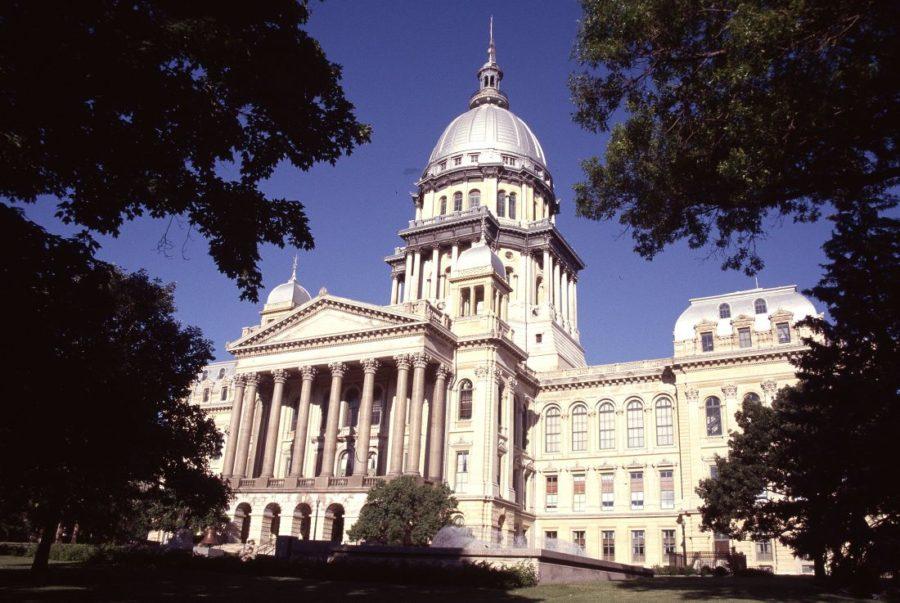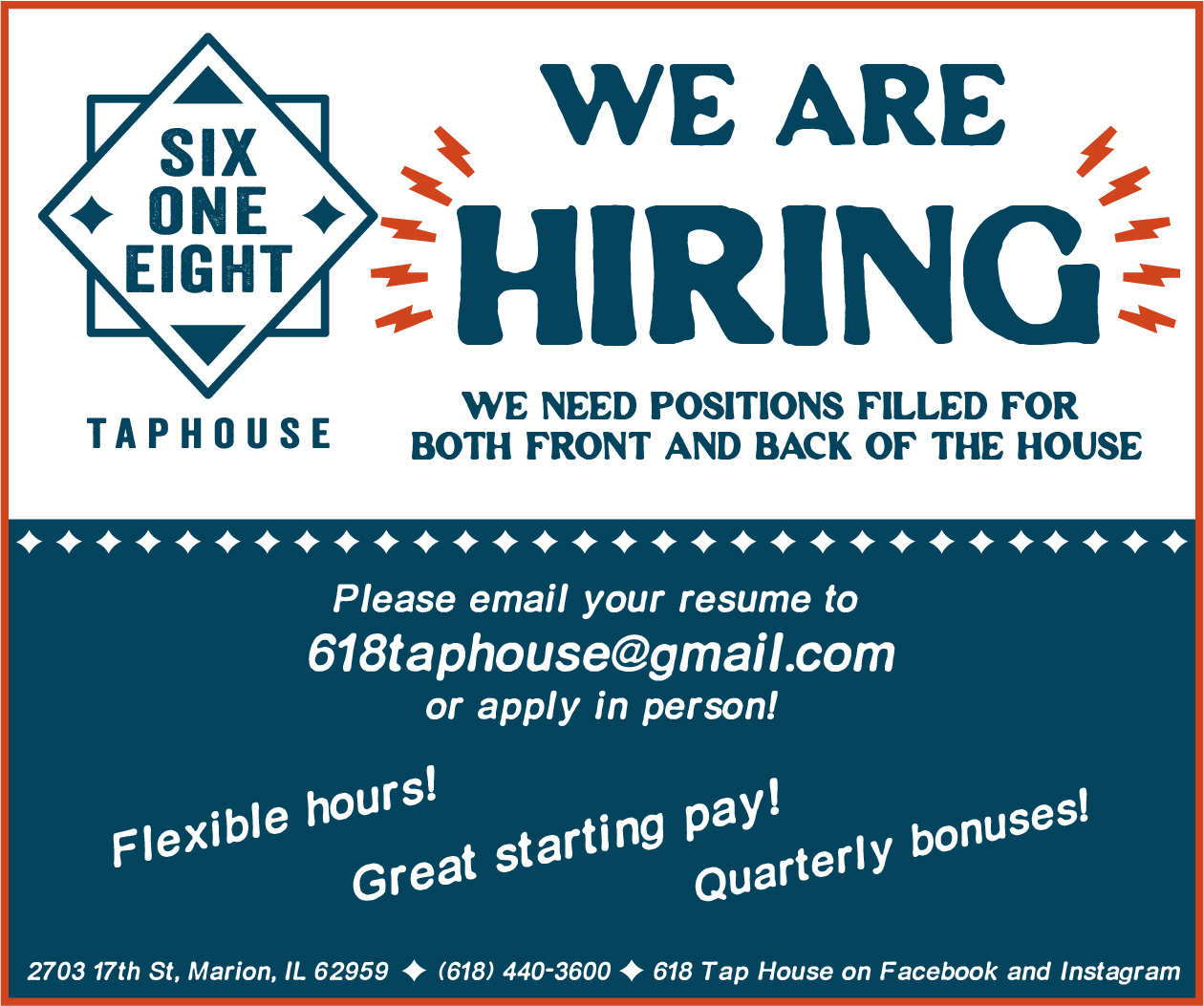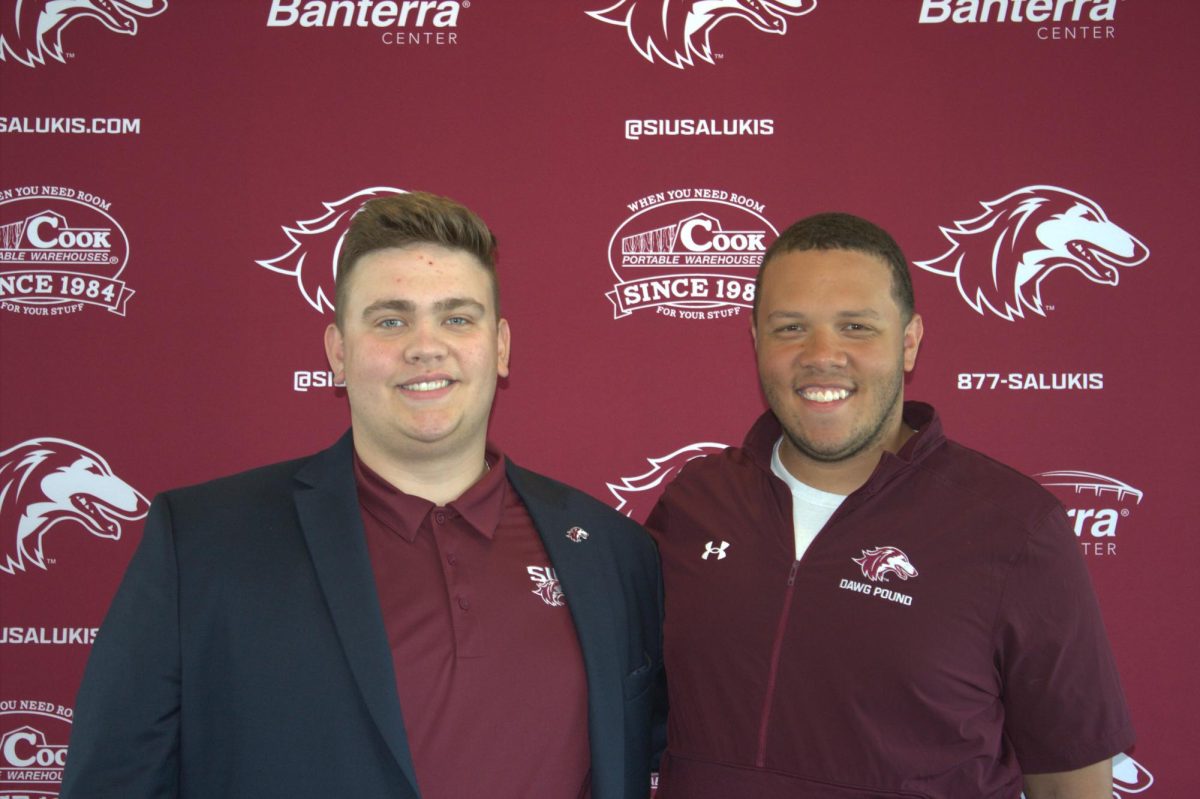This Democrat running for governor is proposing a progressive tax. Will it catch on?
January 12, 2018
As Democratic gubernatorial candidates have crisscrossed the state hoping to gain support ahead of the March 20 primary, they have agreed on one thing: their support for a progressive state income tax.
However, few of the Democrats have given specific numbers.
With hopes of gaining attention for his campaign, Madison County Regional Office of Education Superintendent Bob Daiber has released a more specific progressive income tax proposal, which included rates.
Advertisement
Daiber called his proposal a model and included five tax brackets:
— Income from $2,500 to $24,999 would be taxed at 1 percent
— Income from $25,000 to $44,999 would be taxed at 2.25 percent
— Income from $45,000 to $149,999 would be taxed at 3.75 percent
— Income from $150,000 to $999,999 would be taxed at 4.95 percent
— Income over $1 million would be taxed at 6 percent
Daiber said his progressive income tax plan would bring the state an additional $1 billion in revenue and that Illinois’ current flat tax system hurts the middle class.
Advertisement*
“I developed a model to show taxpayers how a progressive income tax could be implemented and how it would affect different income brackets and generate the revenue that we currently have from our flat tax. I estimate $1 billion extra dollars by the increase in the percentage of those who make over $150,000,” Daiber said.
The state’s current state income tax rate is 4.95 percent for everyone.
“My tax model gives the working poor more earning power in the economy,” Daiber said.
Creating a progressive income tax would require amending the state constitution, which could be done with a constitutional convention, or through an amendment process, which would need approval from three-fifths of each chamber of the state legislature and voter approval. The state constitution says the state now can only have a flat income tax.
Daiber said he believed an effort to pass a progressive income tax amendment would need specific rates in order to begin the conversation.
“Residents, in order to pass a graduated income tax, are going to want to know some idea as what that tax scale is going to be, (and) where they’re going to fall in that tax bracket,” Daiber said.
He said voters will also wants some assurance that if they are going to give politicians more money, it will be spent correctly.
Neighboring Missouri, Iowa, Kentucky and Wisconsin have progressive income taxes. Indiana, like Illinois, has a flat tax rate.
Other Democratic gubernatorial candidates including J.B. Pritzker, Chris Kennedy and Daniel Biss also have said they support a progressive income tax, but none have outlined specific rates.
Pritzker on his website does have other proposals and plans for infrastructure, health care, early childhood education and criminal justice reform, among other things.
“J.B. supports a progressive income tax and implementing it will be one of his first priorities as governor,” said Jordan Abudayyeh, the campaign press secretary. “J.B. will work with lawmakers to negotiate and set rates to make sure that those who can afford to pay more do so.”
Biss, a state senator from Evanston, who recently began running television advertisements, previously has called for closing the carried-interest loophole and said he supports taxing purchases of futures and investments in places such as the Chicago Board of Trade and Chicago Mercantile Exchanges, through the so-called LaSalle Street tax.
Biss said he backs calls for a $1 fee on agricultural transactions and $2 fee on other transactions in the LaSalle Street proposal. It would bring in about $10 billion to $12 billion a year, the campaign said.
Tom Elliott, communications director for the Biss Campaign said it’s “nearly impossible” to come up with a progressive income tax structure now when elected officials don’t know how much money it will need to balance the budget in three years.
Elliott said lawmakers have to work with a governor to find revenue to balance the budget, and saying what an income tax structure would be doesn’t allow for that work.
“It’s rare for a candidate to put down numbers in a proposal, especially when talking about tax code,” Elliott said. “Not only is getting a constitutional amendment passed a heavy lift, it’s premature to put together a rigid tax structure when you don’t know what the budget will be.”
Kennedy has also proposed another solution that he says could go into place sooner before a lengthy constitutional amendment process is completed.
“Illinois needs a graduated progressive income tax, and as governor I would fight for a constitutional amendment to make that happen,” Kennedy said. “However, that process takes time, and Illinois taxpayers need an immediate solution. We should take a lesson from Massachusetts, a state that also mandates a flat income tax rate, but has found a way to make the tax more progressive.
“As governor, I would create a ‘synthetic progressive income tax’ by offering rebates to low- and middle-income families in the form of earned income tax credits. This is the only way to provide immediate relief to working families.”
The Commission on Government Forecasting and Accountability has projected that Illinois will take in $20.6 billion in personal income tax revenue during the 2018 fiscal year at the flat 4.95 percent rate.
Daiber’s proposal would bring in $7 billion less revenue to the state in personal income tax revenue, according to estimates by the Center for Tax and Budget Accountability, a bipartisan think tank based in Chicago.
“The revenue estimate is so much lower because it gives substantial tax cuts to virtually everyone — even to people making $1 million or more — while only modestly increasing taxes on the very top of the income scale,” said Daniel Kay Hertz, research director for the think tank.
Hertz said in a marginal income tax system, a tax cut to incomes below $25,000 would mean millionaires would pay the lower rate to the first $25,000 of their income.
Daiber’s proposal cuts tax rate to all income below $150,000, with no increase until a person’s income goes above $1 million.
“That means that someone making $1 million will see a tax cut, because they’re paying a lower rate on the first $150,000 of their income, without actually hitting the higher rates that kick in on earnings over $1 million,” Hertz said.
Daiber disagreed with the assessment, saying everyone in the state would pay at least 1 percent in income taxes. He also pointed to how the state brought in $2.8 billion more when it increased its income tax from 3 to 5 percent and how the previously proposed millionaires tax, which called for a 3 percent surcharge on income greater than $1 million, would bring in $1 billion.
“I took half a billion dollar increase from the millionaires tax, and the increase of the tax bracket from the $150,000 to $1 million, and combined those together and it creates $1 billion more than we had last year,” Daiber said.
Two other Chicago-area candidates are seeking the Democratic nomination: Tio Hariman and Robert Marshall.
Hardiman, a Chicago activist and executive director of Violence Interrupters, said he supports having a progressive income tax, and that his rates would range from 1 to 10 percent.
“For far too long, a lot of the wealthy people are getting away without paying their fair share of taxes in Illinois,” Hardiman said. He said he thinks his progressive tax plan would bring in $3 billion.
Marshall did not return a phone call or an e-mail seeking comment.
On the Republican side, Gov. Bruce Rauner and his challenger, State Rep. Jeanne Ives, of Wheaton, could not immediately be reached for comment.
Rauner vetoed the previous income tax increase from 3.75 percent to 4.95 percent that went into place in July, but the legislature overrode his veto. He has said he wants to roll back the income tax rate to 3 percent and has repeatedly called for a property tax freeze.
Jak Tichenor, the interim director of the Paul Simon Public Policy Institute, said it’s not common for candidates to outline proposed tax rates while campaigning.
“It’s not very common because politicians want to be seen not being for raising taxes, but it does happen from time to time,” Tichenor said. “In Daiber’s case it’s showing a bit of political courage to go in and say this is what we would like to do.”
Tichenor said if the idea were to gain any traction it still would need buy in from state legislators.
“It will be a matter of intense negotiations with the General Assembly to get something like that passed,” Tichenor said.
___
(c)2018 the Belleville News-Democrat (Belleville, Ill.)
Visit the Belleville News-Democrat (Belleville, Ill.) at www.bnd.com
Distributed by Tribune Content Agency, LLC.
Advertisement










